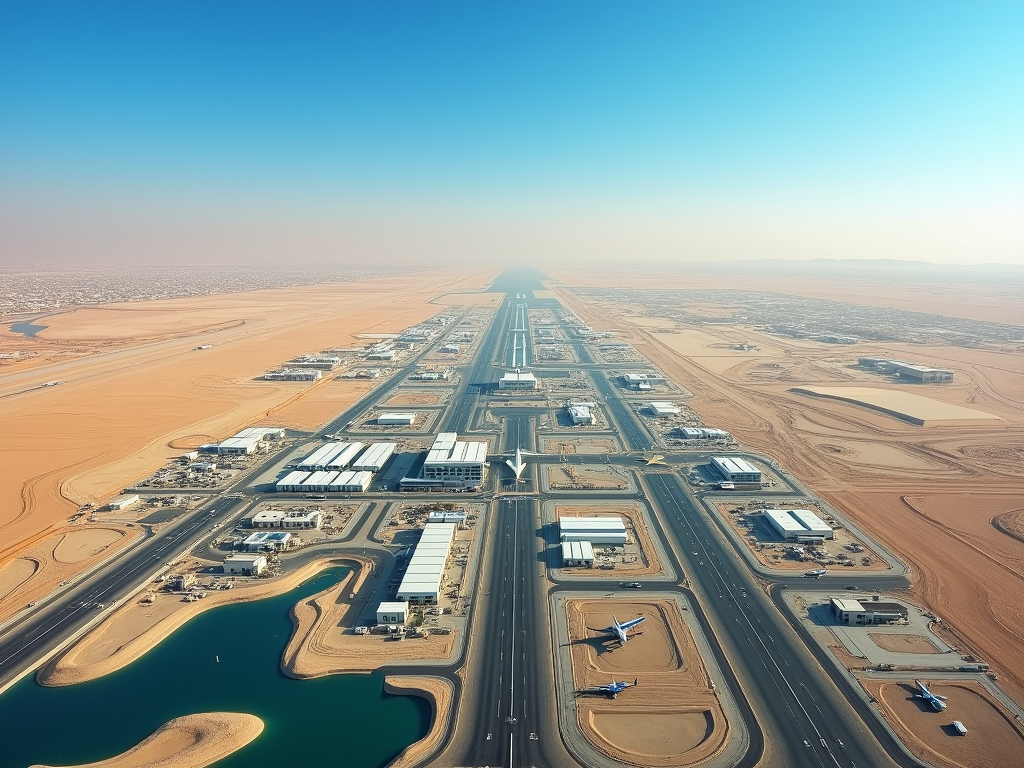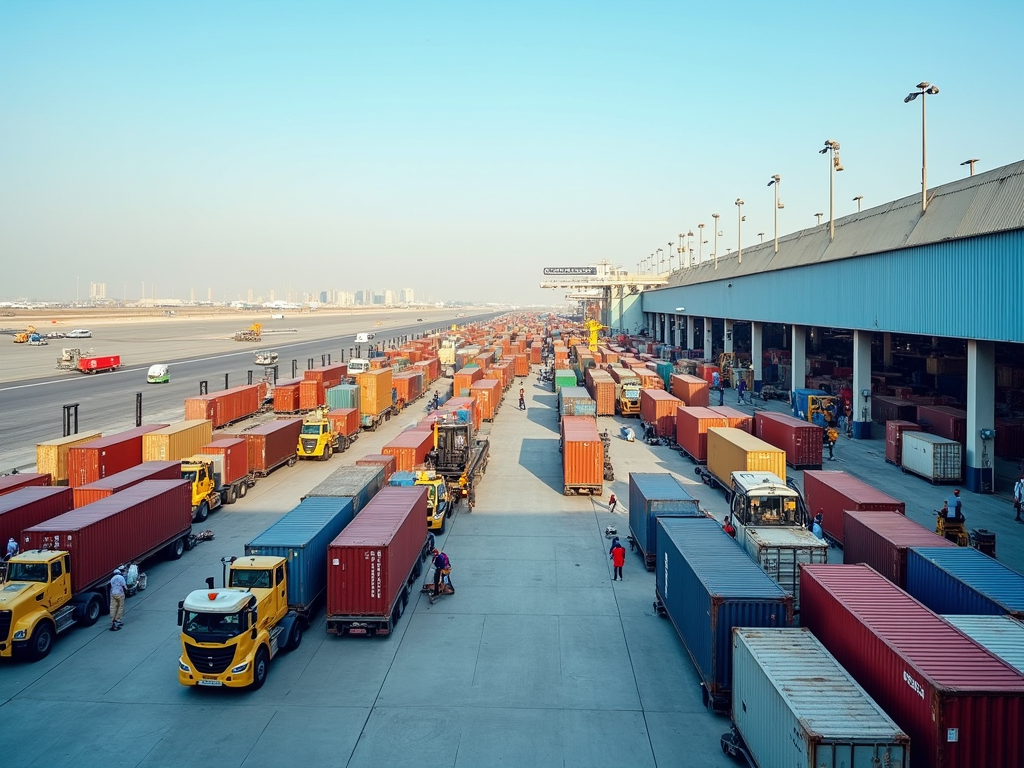Dubai’s airports serve as crucial hubs for international trade, connecting businesses worldwide and playing an instrumental role in the global supply chain. With their strategic location, state-of-the-art facilities, and extensive flight networks, Dubai International Airport (DXB) and Dubai World Central (DWC) position the emirate as a key player in international commerce. In this article, we will explore how these airports facilitate trade, support economic growth, and enhance global connectivity.
The Strategic Location of Dubai’s Airports

The strategic geographical positioning of Dubai’s airports underpins their significance in international trade. Located at the crossroads of Europe, Asia, and Africa, Dubai offers an unparalleled advantage for global logistics and transportation. Businesses benefit from reduced travel times and enhanced distribution efficiency, which can lead to substantial cost savings. Moreover, Dubai International Airport is just a few hours away from major cities, allowing for rapid transit of goods. Furthermore, the proximity of ports enhances intermodal connectivity, making it easier for goods to be transferred between air and sea transport. This dynamic positioning amplifies the scope of trade, attracting numerous international businesses to establish their regional headquarters in Dubai.
Advanced Infrastructure and Facilities

Dubai’s airports boast advanced infrastructure and world-class facilities specifically designed to enhance trade operations. With multiple runways, cutting-edge cargo terminals, and high-tech customs facilities, these airports are well-equipped to handle significant volumes of cargo efficiently. The dedicated cargo terminals at DXB and DWC are designed for swift processing and handling of goods, minimizing delays and optimizing throughput. In addition, automated systems streamline the customs process, ensuring that goods move quickly and smoothly through inspections. The capacity to handle diverse cargo, including perishables, electronics, and hazardous materials, further establishes Dubai’s airports as a preferred choice for international businesses. This investment in infrastructure and technology not only improves operational efficiency but also elevates the overall experience for traders and customers alike.
Extensive Flight Networks and Connectivity
Dubai International Airport features an extensive flight network that connects to over 240 destinations worldwide. This wide-reaching connectivity plays a vital role in facilitating international trade, as businesses can easily reach their partners and clients. The presence of numerous international airlines, including Emirates, enhances competitive options for freight services. Furthermore, the 24/7 operational capacity of the airports allows for flexible scheduling, which is critical for meeting the dynamic needs of global trade. Notably, the airport’s focus on promoting air freight services facilitates the movement of goods, ensuring that businesses can react swiftly to market demands. In addition, frequent flights contribute to lower shipping costs for traders and boost the overall volume of trade flowing in and out of the region.
The economic impact of international trade facilitated by Dubai’s airports is profound. Trade operations supported by these airports significantly contribute to Dubai’s GDP, generating revenue and creating jobs across various sectors. Some of the key economic benefits include:
- Job Creation: The aviation and logistics sectors employ thousands of individuals, providing opportunities in logistics, distribution, and customs operations.
- Revenue Generation: Increased trade activity leads to higher revenues for local businesses, which, in turn, contributes to government funds through taxes and tariffs.
- Foreign Investment: The strategic importance of the airports attracts foreign investors, further bolstering Dubai’s economic landscape.
- Tourism Boost: Enhanced connectivity brings tourists, driving growth in the hospitality and retail sectors.
- Innovation and Development: Increased trade fosters competition and innovation within the marketplace, encouraging businesses to improve their services.
Conclusion
In conclusion, Dubai’s airports play an integral role in facilitating international trade, serving as key gateways that enhance connectivity, support economic growth, and promote global commerce. Their strategic location, advanced infrastructure, and extensive flight networks combine to foster an enviable environment for businesses to thrive. As global trade continues to evolve, Dubai’s airports are poised to remain vital players in shaping the future of international commerce.
Frequently Asked Questions
1. How do Dubai’s airports contribute to global trade?
Dubai’s airports provide strategic connectivity, advanced infrastructure, and efficient logistics solutions, facilitating the swift movement of goods and services internationally.
2. What types of cargo can be transported through Dubai’s airports?
The airports can handle diverse types of cargo, including perishables, electronics, heavy machinery, and hazardous materials, making them suitable for various industries.
3. How do Dubai’s airports support the local economy?
By facilitating international trade, Dubai’s airports generate revenue, create jobs, attract foreign investment, and enhance tourism, contributing significantly to the local economy.
4. What makes Dubai a preferred location for international businesses?
Dubai’s strategic location, exceptional air connectivity, top-notch infrastructure, and business-friendly policies make it an attractive hub for international businesses.
5. Are there any future developments planned for Dubai’s airports?
Yes, ongoing developments are aimed at expanding the capacity and efficiency of Dubai’s airports, including enhanced cargo facilities and additional operational features to meet growing global trade demands.


